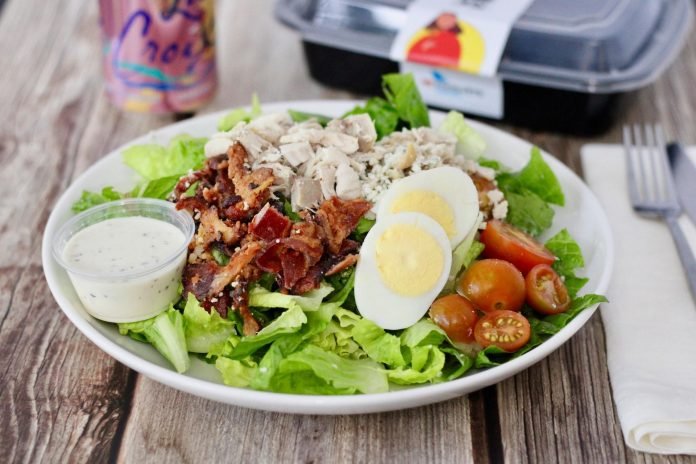Building muscle isn’t just about lifting heavy weights — it’s also about fueling your body with the right nutrients at the right time. One of the most crucial components of a solid nutrition plan is your Pre Workout Meal For Muscle Gain. What you eat before hitting the gym can significantly impact your performance, energy levels, and ultimately, your muscle growth.
Why Is a Pre Workout Meal Important?
Before diving into what to eat, it’s essential to understand why a pre workout meal for muscle gain is so important. When you exercise, especially strength training, your body uses glycogen (stored carbohydrates) for fuel. If your glycogen levels are low, you may feel tired, weak, or sluggish during your workout — which isn’t ideal when your goal is to build lean muscle.
A proper pre workout meal helps:
- Improve endurance and strength
- Prevent muscle breakdown
- Enhance recovery post-exercise
- Boost energy and focus
Key Nutrients in a Pre Workout Meal for Muscle Gain
To maximize muscle growth, your pre workout meal should include a combination of macronutrients:
- Carbohydrates
Carbs are your body’s primary source of energy. They replenish glycogen stores, helping you train harder and longer. Go for complex carbs like oats, sweet potatoes, brown rice, or whole grains for sustained energy release. - Protein
Protein provides amino acids that help with muscle repair and growth. Including protein in your pre workout meal ensures your body has the necessary tools to build muscle, especially during resistance training. - Healthy Fats
While not the main focus of a pre workout meal for muscle gain, healthy fats (from sources like nuts, seeds, or avocado) can support hormone production and provide a slow-burning energy source — especially for longer sessions. - Hydration
Don’t underestimate water. Being even slightly dehydrated can impair strength and endurance. Drink water throughout the day and have a glass 20–30 minutes before training.
Ideal Timing of a Pre Workout Meal
Timing is everything. Ideally, consume your pre workout meal for muscle gain about 60 to 90 minutes before your workout. This gives your body enough time to digest and start absorbing nutrients. If you’re short on time, a smaller, faster-digesting snack 30 minutes before your session can still be beneficial.
Sample Pre Workout Meal Ideas
Here are some great examples of a balanced pre workout meal for muscle gain:
- Oatmeal with Banana and Whey Protein
Great for slow-digesting carbs and quick protein absorption. - Grilled Chicken with Brown Rice and Vegetables
A classic combo for a heavier meal, ideal if you’re eating 1.5–2 hours before training. - Greek Yogurt with Berries and Honey
A lighter option that’s high in protein and antioxidants. - Peanut Butter Toast with a Protein Shake
Offers both quick and sustained energy release, plus muscle-building protein. - Smoothie with Protein Powder, Oats, Banana, and Almond Butter
Perfect if you prefer something quick and easily digestible.
What to Avoid Before a Workout
Some foods can hinder your performance or upset your stomach. Try to avoid:
- High-fat, fried, or greasy foods
- High-fiber meals (which may cause bloating)
- Too much sugar (which can lead to a crash mid-workout)
The key is balance — your pre workout meal for muscle gain should energize you, not weigh you down.
Supplements and Pre Workout Meals
Some people choose to add supplements like creatine, BCAAs (branched-chain amino acids), or caffeine to their pre workout routine. While these can enhance performance, they should complement — not replace — a proper meal. Always talk to a fitness professional or nutritionist before adding new supplements to your diet.
Final Thoughts
If you’re serious about building muscle, don’t overlook the power of a good pre workout meal for muscle gain. It’s not just about calories — it’s about fueling your body with the right nutrients at the right time. When done right, your pre workout nutrition can help you lift more, recover faster, and grow stronger.
Remember: consistency is key. Make your pre workout meal for muscle gain a regular part of your fitness routine, and you’ll likely start seeing the difference not only in your energy levels but in your progress as well.





